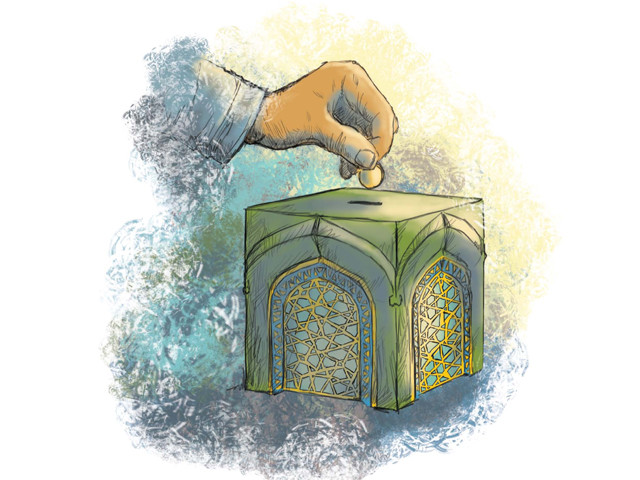Islamic pensions make inroads among asset managers
Demand is there, all that is needed for Pakistan is to create supply.

Islamic fund managers screen their portfolios according to religious guidelines such as bans on tobacco, alcohol and gambling, in much the same way as socially responsible funds in Western markets. PHOTO: FILE
Most pension plans around the world are state-funded. But many countries are trying to develop private pension sectors as a way to deepen their financial markets, and the experience of Pakistan, Turkey and Malaysia suggests Islamic finance can become a significant part of this effort.
If state-owned pensions in major Islamic markets shift a portion of their money into Shariah-compliant schemes, that could add between $160 billion and $190 billion to the sector, according to consultants Ernst & Young.
“So you’ve got a pent-up demand - your challenge is how to create a supply-side mechanism to cater to that latent demand,” said Ashar Nazim, Islamic financial services leader at E&Y.

Pakistan launched such a mechanism in 2005, creating a voluntary pension system (VPS) which now holds Rs3.4 billion ($32.4 million) of Islamic assets, or 61% of all VPS assets.
While modest in absolute terms, Islamic pension assets account for a much larger proportion of the VPS sector than Islamic bank deposits’ 10% share of all Pakistani bank deposits.
All seven VPS managers offer Islamic pensions and the largest, run by a unit of Meezan Bank, is triple the size of its conventional peer. Islamic assets under management have doubled in the last year.
Growth was initially stagnant until 2010, when changes in the tax regime, favourable market conditions and a wider product range boosted the sector, said Muhammad Afzal, a director at the Securities and Exchange Commission of Pakistan.
“The popularity of Islamic pension funds can be attributed to demand from the general public for retirement products designed in accordance with the Islamic precepts,” said Afzal.
“This money can be retained for a very long-term basis given 70% of the country’s population is under 35 years of age,” said Wasim Akram, fund manager at HBL Asset Management, a VPS provider and a unit of Habib Bank.
“With time, I believe that the performance of the already-launched funds will attract more and more members as the opportunities for growth are enormous.”
Potential
Islamic fund managers screen their portfolios according to religious guidelines such as bans on tobacco, alcohol and gambling, in much the same way as socially responsible funds in Western markets.
They have an additional constraint, Islam’s ban on interest payments, which confines them to sukuk in the fixed-income space - a relatively small market globally where demand has exceeded supply in many countries.
Islamic fund managers see potential, however, in countries such as Turkey, where a 2001 private pension law has been energised by government reforms introduced this year. The number of contributors to private pensions has reached 3.8 million, up from 3.1 million in December, after the Turkish state began making a 25% contribution to private pension premium payments and fund management charges were cut.
While, Malaysia is the most recent entrant to the private pension business, launching a Private Retirement Scheme (PRS) last year which now has 13 Islamic funds out of 36. Reuters
Published in The Express Tribune, September 17th, 2013.
Like Business on Facebook, follow @TribuneBiz on Twitter to stay informed and join in the conversation.



















COMMENTS
Comments are moderated and generally will be posted if they are on-topic and not abusive.
For more information, please see our Comments FAQ